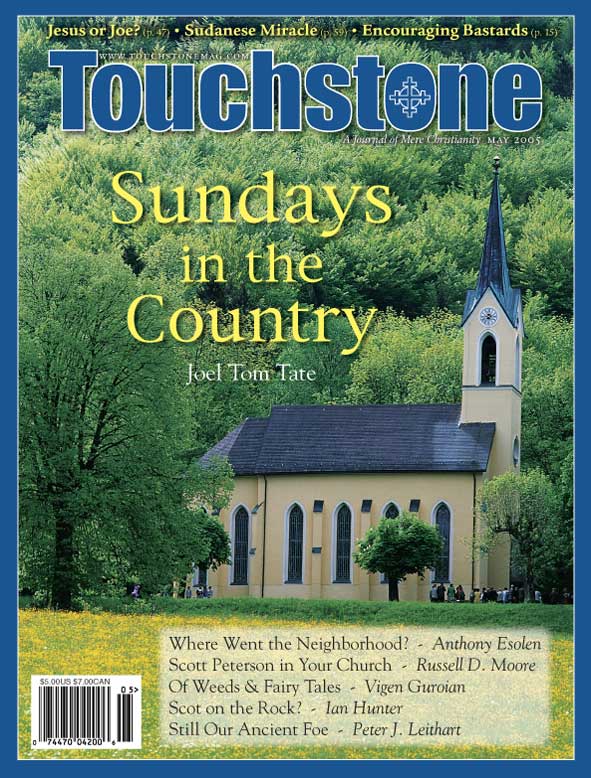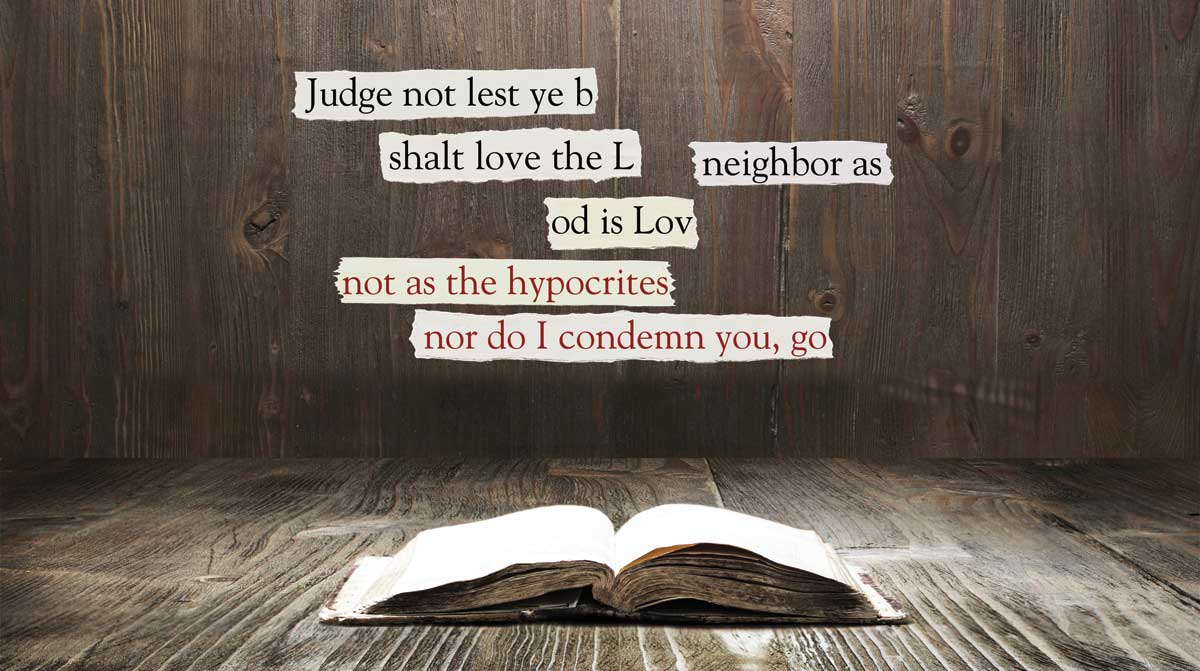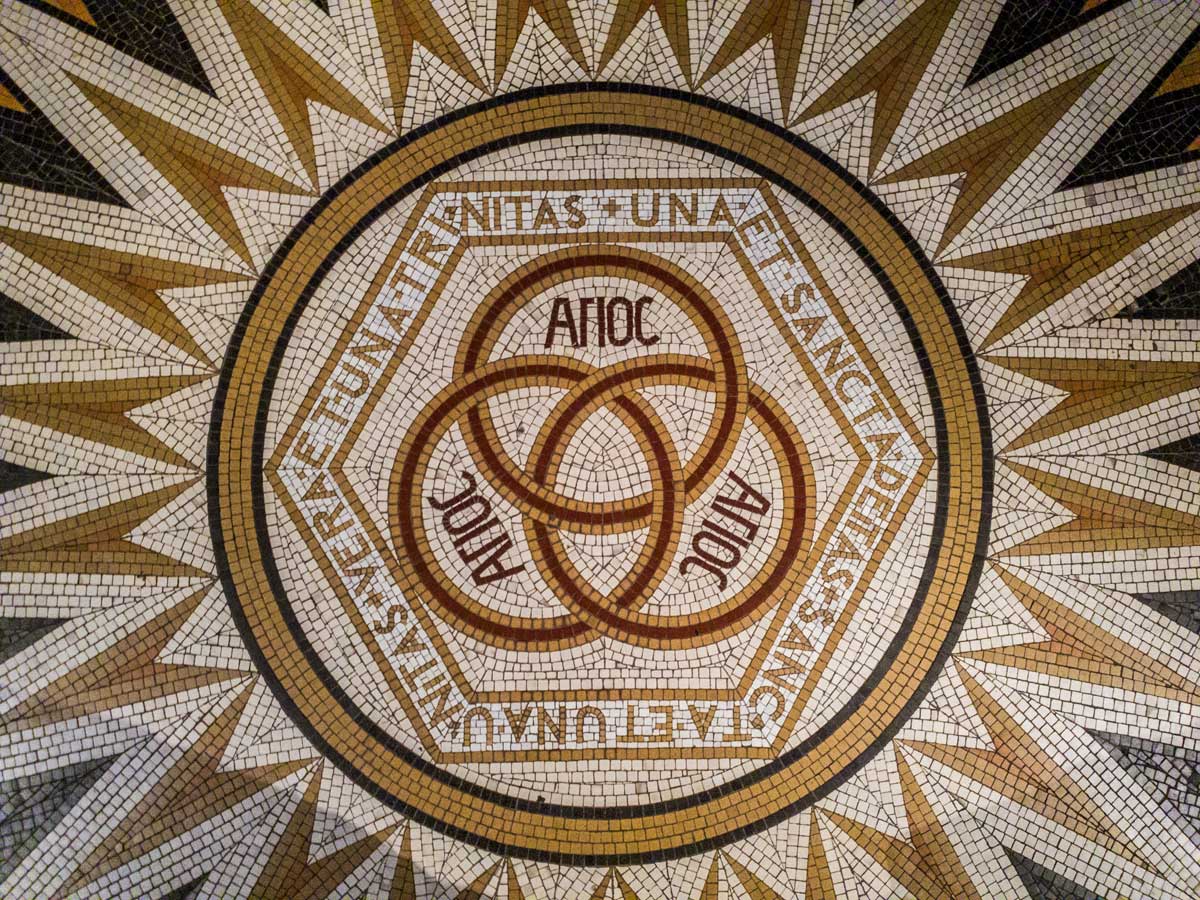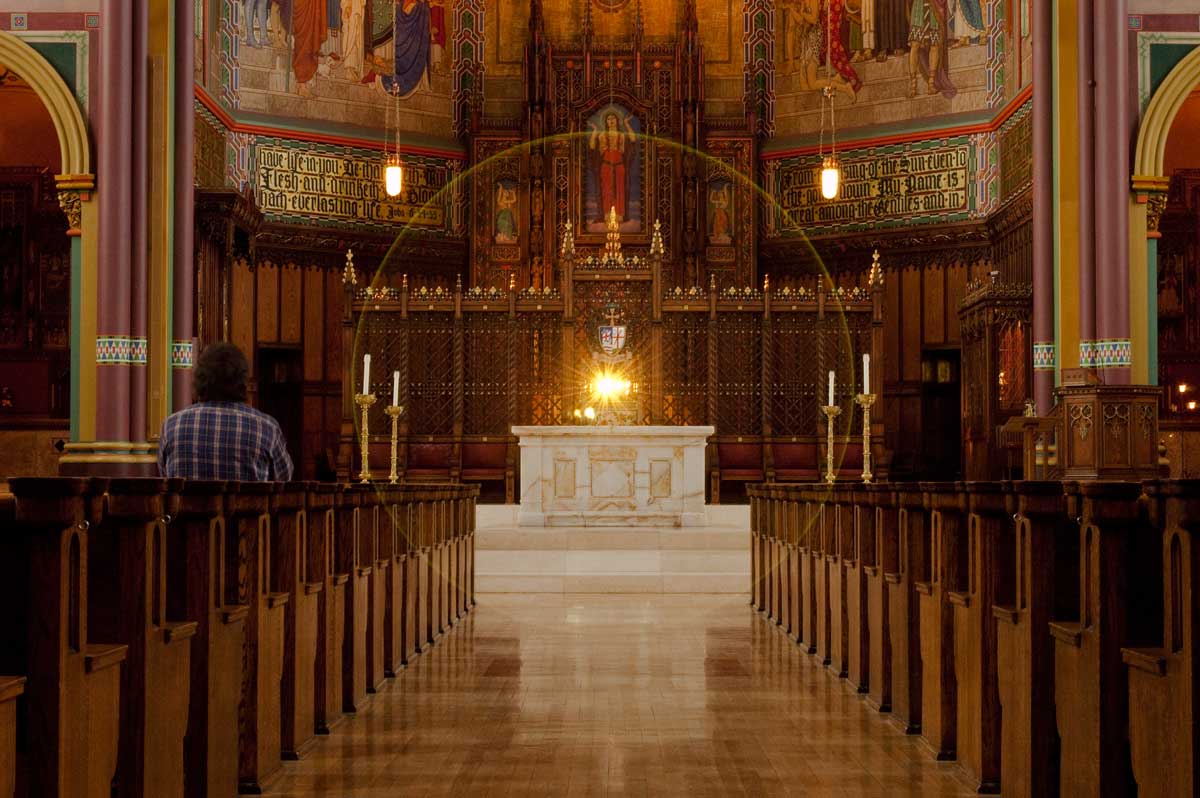Feature
Scot on the Rock?
The Faithful Poetry of Robert Burns
There was once a lively debate as to the nature of Robert Burns’s religious beliefs, which appeared to end when Maurice Lindsay, author of the magisterial Burns Encyclopedia, published in 1980, called Scotland’s national poet “a wistful agnostic.” Most recent biographers have uncritically accepted his alleged agnosticism.
I challenge that. Burns’s own commonplace book, his poems and letters, the fragments of autobiography we possess, all point to a quite different conclusion, namely, that he was a believing Christian who affirmed the central tenets of Christianity, albeit retaining a lingering reservation about personal immortality.
The Hue & Cry
Robert Burns was born in 1759 in the Scottish village of Alloway. His father, William Burnes (Robert only adopted the spelling “Burns” as an adult), was an impoverished farmer who struggled to eke out a living from hard land. William was a God-fearing, kirk-going man, and from his earliest days Robert was exposed to the Bible and to Calvinist theology.
Despite a lifetime spent mostly in poverty, Burns gave generously to all who crossed his path. Yet his personal life was hardly an exemplar of Christian morality. He fathered several illegitimate children by different women, before and after his marriage to Jean Armour. Yet Christianity is a religion for sinners. As he wrote to a friend: “God knows I am no Saint; I have a whole host of Follies and Sins to answer for; but if I could, and I believe I do it as far as I can, I would ‘wipe away all tears from all eyes’.”
Burns’s long letter to Dr. John Moore, written in 1787 following his first visit to Edinburgh, is the best autobiographical source we have. Burns promised Moore “an honest narrative” and “a faithful account of what character of a man I am.” Given this lack of ancestral pretension—“My ancient but ignoble blood / Has crept through scoundrels since the flood,” as he wrote in one poem—he would appear to be that rarest of authorial flora, a truthful autobiographer.
He told Moore that as a boy he practiced “an enthusiastic, idiot piety.” The Presbyterian church of his youth had fractured into “Auld Lichts” (lights), strict Calvinists who preached Original Sin, divine election, and predestination, whom Burns lampooned whenever occasion permitted, and the more liberal “New Lichts,” whom he could tolerate if not support. Many commentators seem to have deduced from his contempt for such hypocrites among the “Auld Lichts” as “Holy Willie” Fisher, the subject of his most devastating satiric poem, that he had contempt for religion generally.
Burns did reject the Calvinistic belief in Original Sin. To his friend Mrs. Dunlop, he wrote: “I am in perpetual warfare with that doctrine of our Reverend Priesthood, that ‘we are born into this world bond slaves of iniquity and heirs of perdition’.” He believed just the opposite, that “We came into this world with a heart and disposition to do good for it, until by dashing a large mixture of base Alloy called Prudence, alias Selfishness, the too precious Metal of the Soul is brought down to the blackguard Sterling of ordinary currency.”
As Burns wrote to Dr. Moore: “Polemical divinity about this time was putting the country half-mad; and I used to puzzle Calvinism with so much heat and indiscretion that I raised a hue and cry of heresy against me, which has not ceased to this hour.” The “hue and cry of heresy” has continued, and to it has been added the charge of “agnostic.” Yet Burns was neither heretic nor agnostic.
Enthusiastic Burns
Ian Hunter is Professor Emeritus in the Faculty of Law at the University of Western Ontario. He is the author of biographies of Robert Burns, Hesketh Pearson, and Malcolm Muggeridge.
bulk subscriptions
Order Touchstone subscriptions in bulk and save $10 per sub! Each subscription includes 6 issues of Touchstone plus full online access to touchstonemag.com—including archives, videos, and pdf downloads of recent issues for only $29.95 each! Great for churches or study groups.
Transactions will be processed on a secure server.
more from the online archives
calling all readers
Please Donate
"There are magazines worth reading but few worth saving . . . Touchstone is just such a magazine."
—Alice von Hildebrand
"Here we do not concede one square millimeter of territory to falsehood, folly, contemporary sentimentality, or fashion. We speak the truth, and let God be our judge. . . . Touchstone is the one committedly Christian conservative journal."
—Anthony Esolen, Touchstone senior editor











